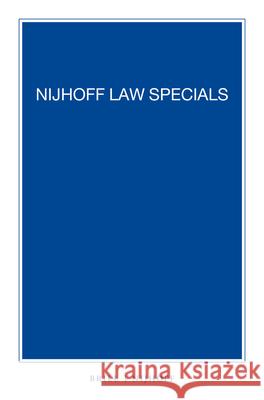New Dimensions of Peacekeeping » książka
New Dimensions of Peacekeeping
ISBN-13: 9780792333012 / Angielski / Miękka / 1995
This work brings together the papers presented at a conference on New Dimensions of Peacekeeping' which was convened at the Graduate Institute of International Studies in Geneva in March 1994. The papers address the new role of peacekeeping (including peacekeeping and peace enforcement) which is now emerging and also places an emphasis upon the role of the newcomers' in peacekeeping, specifically Japan and Germany. The collection of papers, by many distinguished scholars in the field, actively discusses both the strengths and weaknesses of the United Nations peacekeeping efforts in meeting the increasing demands placed upon it due to the enormous upsurge in ethnic, religious and other local conflicts. The 1990s have seen wide swings in public opinion towards United Nations Peacekeeping. The euphoria and high expectations regarding what the United Nations can deliver have been replaced by the rude shocks and deflated assessments of its capacity to successfully cope with conflicts. In this context, it would be highly desirable that a judicious balance be struck in the evaluation of United Nations peacekeeping activities, which takes fully into account the great potential they have for contributing to international peace and security and to the reduction of human suffering. At the same time, such a review should include a candid discussion regarding the weaknesses and shortcomings of peacekeeping activities.' (Excerpt from the Introduction by Yasushi Akashi, Chief of Mission of the United Nations Protection Force (UNPROFOR) in the former Yugoslavia)











